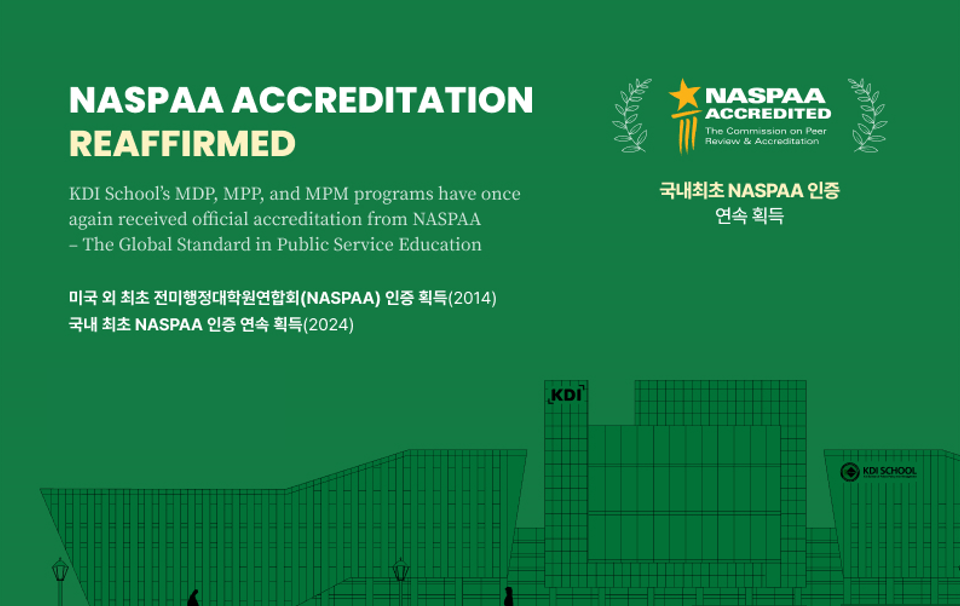
Indian Government - Maxell School joint education program
- Date 2008-08-01 09:00
- CategoryResearch and Education
- Hit1812
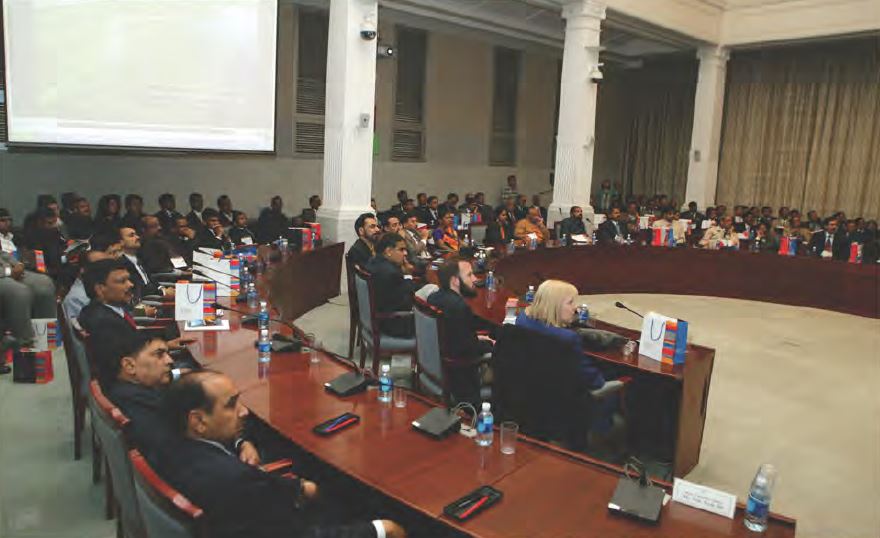
In the last two weeks of May, 120 Indian government leaders came to the KDI School of Public Policy and Management for the Joint Education Program between the KDI School and the Maxwell School of Citizenship and Public Affairs at Syracuse University. The program ran for eight weeks and is a result of the collaborative efforts from both the Indian Institute of Management at Bangalore and the Maxwell School of Syracuse University.
One of the main purposes of the program is to provide an opportunity to the Indian government officials to learn about the Korean development experiences. The program provides informative and practical case-studies on its development process after the Korean War which was an economic drainage. In general, the program will enhance the competence of the Indian officials to manage and govern in order to handle the challenges that may come with the development and globalization process. Mr. Kim Jung-Min reported in the Korea Herald on May 20 ,2008 that, “economic policy-makers in emerging markets – like Bangladesh and India – see Korea as a role model for economic development that could be applied to their own economies relatively easily compared to the U.S or European cases”.
The IMPM Program also matches one of the School’s main objectives of providing professional assistance to economic policy-makers of developing countries as part of the cooperation process between Korea and those countries. The KDI School “is an institute for public policy, one of the important missions of the school is to share Korea’s unique development experiences with the international community”, said Dean Sang-Moon Hahm of the KDI School.
During the two week event, participants learn about Korea’s development experiences, general theories on economic development and social infrastructure investments. Topics in the program include civil service and administrative reform; management of the financial crisis in 1997; the role of government within various sectors; business and government relations; e-government; economic development and trade; and decentralization of government functions and services. Hopefully participants would be encouraged to apply political initiatives and strategic analysis that they have learnt during the IMPM program to their home countries. “KDI program is unique”, said Mitchel B. Wallerstein, Dean of Maxwell School, “a critical part of this educational experience is what is known as the “exposure visit”, this visit is designed to permit participants to gain understanding, make comparative judgments, learn the best practices, develop connections and build closer relationships with institutions and government leaders”.

The KDI School also organized a day trip to the office of the Prime Minister and the Seoul City Council, a visit to Hyundai Motor in Ulsan, Hyundai Heavy Industries, POSCO Pohang Steel Works, Kwangyang Steel Works and Kwangyang New Port, and also a visit to historical sites for the Indian officials.
Interviews with Indian officials
Ajay Jain, managing director and CEO of Andhra Pradesh Power Generation Corporation: “I was impressed by the work ethic and emphasis on primary education in Korea. One of the most important lessons I learnt was that Korea achieved massive infrastructure and industrial development in a very short period of time”.
Apoorvak Singh, managing director of North Haryana Power Distribution Company: “The most salient message was that Korea is a country with an indomitable “can do” spirit. Korea is today counted as an egalitarian and developed society. I believe that Korea has been able to achieve the goal through a harmonious relationship between the government and the citizenry, and effective policy response”.
Gonesh Koyu, secretary to the Government of Arunachal Pradesh: “My impression before the visit was Korea is a stooge of the United States and that the economy was bankrolled by the Americans. How wrong I was, I now know about the fierce pride the country has on its successful transition from an economically backward country to a developed economy all on its own”.
By Nguyen Mai Phuong (2008 MPP, Vietnam)
Related News
-
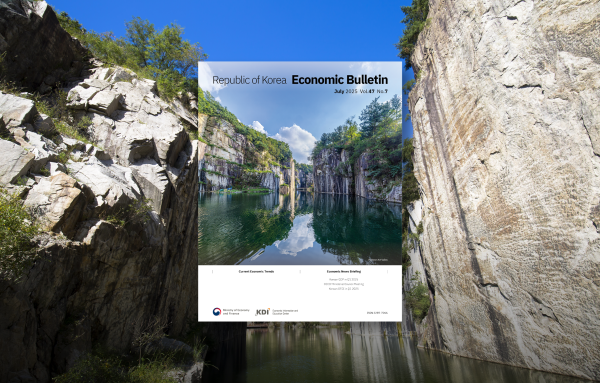
Research and Education6 days ago
Republic of Korea Economic Bulletin, July 2025#KDI #Economic #KDISCHOOL #kdischool #Economic Bulletin #Research
-
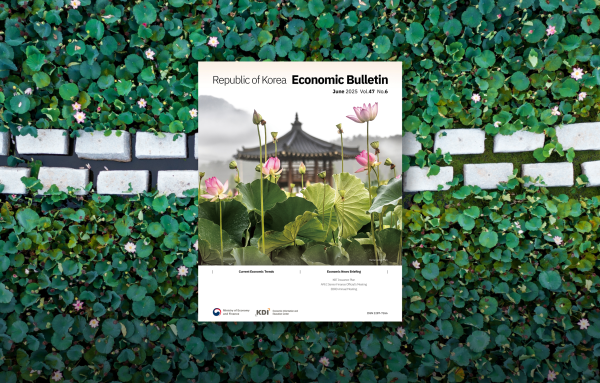
Research and Education34 days ago
Republic of Korea Economic Bulletin, June 2025#KDI #Economic #KDISCHOOL #kdischool #Economic Bulletin #Research
-
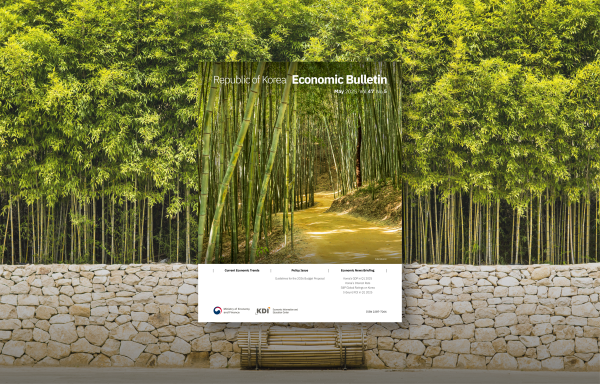
Research and Education68 days ago
Republic of Korea Economic Bulletin, May 2025#KDI #Economic #KDISCHOOL #kdischool #Economic Bulletin #Research

